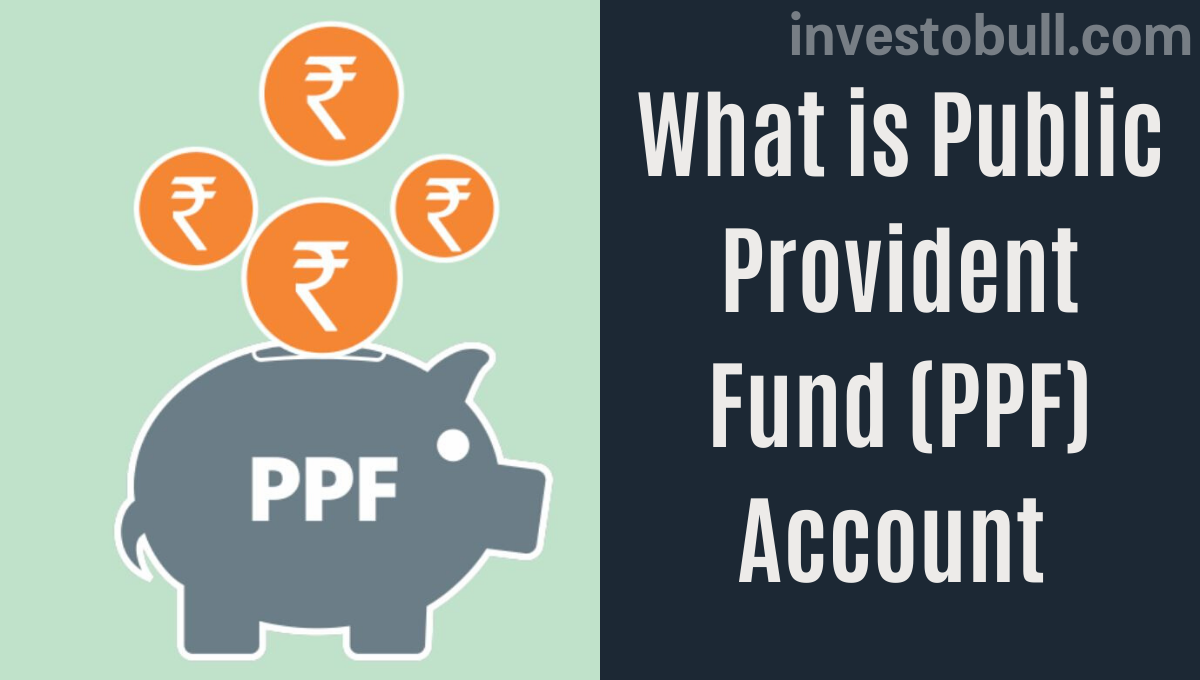Who doesn’t like to get rich, not only a businessman but also a regular salaried person is capable of being rich by following simple financial discipline? Financial planning for beginners plays a key role to increase wealth as well as living a happy life. But before that let us know about financial planning?
Table of Contents
What is Financial Planning?
Financial planning is a method where a person gets his/her financial structure for reaching his/her life goals in a very planned and systematic manner. The beginners should focus on the below points while making a financial plan
- Manage plan
- Regulate expenses wisely
- Manage and maintain a personal balance sheet
Most of the rich people around us are salaried class, it took them 20-25 years to get rich because they used to save money, research and regularly invest.
At the start of our career, most financial experts suggest saving or investing 50% of our salary. As basic necessity is mandatory for everyone, youngsters don’t show much interest in savings and investment habits.
If you start investing or saving from 21-22 years then your invested amount will get multiplied every year and you will become rich by the time you retire. The interest percentage will be greater than the salary if you invest for 25-30 years.
The framework must be different for youngsters and experienced people, the same framework won’t be applicable for both.
Let us know about the percentage of the amount we can use for our daily needs and investments.
Suggestions: Using the Intradayscreener app, you can easily find the best stock to trade in the stock market
Financial planning for beginners – 50-30-20 rule of budgeting
If you have started your career and your salary is about Rs 20,000 per month then you have to follow the 50-30-20 rule of money where 50% of your salary which is Rs 10,000 per month should be used for your daily basic needs like rent/EMI, food, transportation etc.
30% of your income which is Rs 6000 per month should be used for your wants like a car, vacation, expensive gadgets, etc.
20% of your income should be used for savings and investments. Investing 20% of your salary which is Rs 4000 per month will help you to plan for your retirement, kid’s education, marriage etc. You can invest in real estate, mutual funds, stocks.
Financial planning for beginners – 40-20-40 rule of budgeting
If you are an experienced person and your salary is about Rs 40,000 per month then you have to follow the 40-20-40 rule of money where 40% of your income which is Rs 16,000 per month should be used for your daily basic needs like rent/EMI, food, transportation etc.
20% of your income which is Rs 8000 per month should be used for your wants like a car, vacation, expensive gadgets, etc.
40% of your income should be used for savings and investments. Investing 40% of your salary which is Rs 16,000 per month will help you to plan for your retirement, kid’s education, marriage, etc.
Also Check: Recent post on What are Exchange-traded funds? How does ETFs work?
Few Other tips for Personal Financial Planning for beginners
Here are a few other tips for Personal Financial Planning for beginners.
Develop ability of Composure
It may appear to be easy to purchase something on a Credit card the moment you need, however it is better if you’ve put money aside for that purchase. It’s simpler to bring in cash from your checking account than piling up on interest rates.
Track your Expenditure
Knowing where your money is spent is one of the most vital components of personal financial planning. You must always remember that your expenses should not exceed your earning.
The best way to control this expenditure would be through budgeting. Once you know how much your expenses add up to the whole month, you would understand that making small possible changes in your daily expenses can have a big impact on your financial situation.
To cut down unwanted expenditure, you can track where all of this money is flowing and know which stream you want to block and which one you want to let flow.
Have Knowledge on Financial
Managing money is not an easy task. You need to study more on how you can control your future financials, and once you have done this, you will be more cautious with expertise.
You will develop skills in finance and financial planning in your life, and you’ll also be someone who is financially secure.
Save Money for Retirement
Personal financial planning also means getting ready for retirement. The way compound interest works, If you start investing or saving sooner, the less principal you will have to invest to end up with the amount that you need for retirement.
Never wait to save for retirement goals. Do start to make up your financial goals as soon as possible. You can start with some investments such as stocks, mutual funds, FDs and others.
Do Maintain Emergency Fund
It is important for personal finance management to have an emergency fund. It is always good to find some amount, to save as an emergency fund for every month.
If you get into this habit of saving money and treating it as a non-negotiable monthly expense, then you would soon have more than just an emergency fund saved up.
Never Overlook Taxes
When you get your first salary, you need to know how to calculate whether your salary will give you enough money after the taxes are deducted to meet your financial obligations.
Fortunately, there are plenty of online tax calculators, so you do not have to set and do the calculation by yourself.

















Leave a Reply